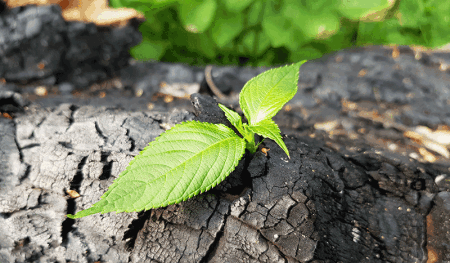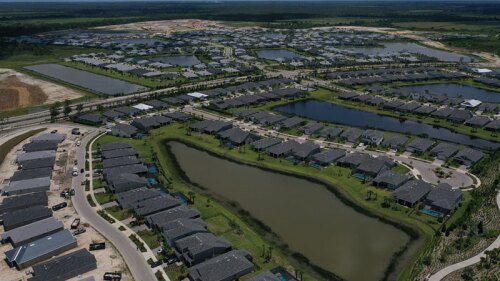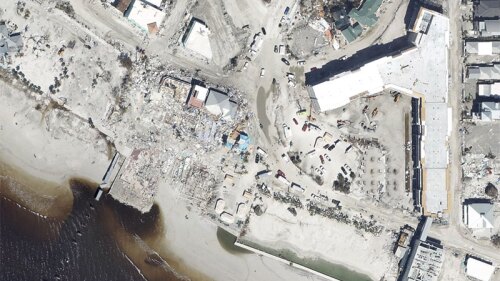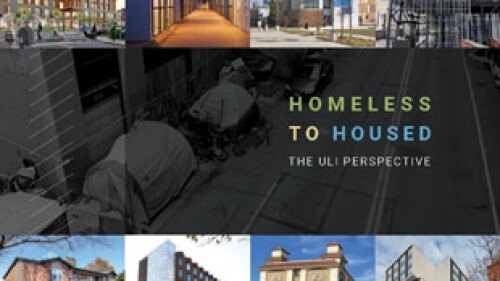A Note from the Editor’s Desk: The events of 2020 so far have been turning us all into masters of resilience. There is what is traditionally thought of as resilience—the strength and flexibility necessary to cope with dramatic climate-related events such as the raging wildfires across the western United States, Hurricane Laura’s devastation of communities in southern Louisiana, Typhoon Haishen–driven evacuations and damage in Japan and on the Korean Peninsula, and the deadly Storm Ciara/Sabine’s damage to northern Europe in February.
ULI members can access the Fall issue of Urban Land in Knowledge Finder.
And then there is the extraordinary aspect of resilience—the resource we rely on daily as we face the COVID-19 pandemic and economic downturn. We are called upon to be resilient with regard to our personal health, our habits, our relationships, the education of children, our business practices, and our responsibilities as members of communities. The trials keep coming, taking new shapes ever so frequently, but we are learning how to become more resilient with each challenge met. And through ULI and Urban Land, we can share our hard-won lessons in real time with friends and colleagues around the world.
Urban Land readers were eager to share their thoughts about the effects of the COVID-19 situation when we issued an online invitation to participate in a reader poll in August. Many reported they were quick to take action to deal with a suddenly changed economy, adding that lessons learned during the Great Recession are proving useful now. Results can be found beginning on page 22, along with advice respondents chose to share, peer to peer. They offer great examples of economic and business resilience.
This issue of Urban Land also offers some very long-term perspectives on dealing with the effects of climate change. In “The Coming of the Climigrants,” beginning on page 62, we learn that cities such as Duluth, Minnesota; Buffalo, New York; and Cincinnati, Ohio, could become destinations for climate migrants, or climigrants, driven from areas that will experience intolerable heat or sea-level rise. Such migration might not happen for decades, authorities note, but they say it’s not too early to envision larger populations when planning infrastructure improvements.
San Francisco, the City by the Bay, is trying to anticipate and accommodate rising water levels over the next 50 years as it redevelops the Port of San Francisco and ferry terminal. The article “Developing San Francisco’s Waterfront in the Age of Sea-Level Rise,” starting on page 68, reviews the 20-year, multibillion-dollar plan to improve the 7.5-mile (12 km) waterfront. How detailed are the resilience measures? Planners have already built longer-than-necessary floating gangways to access ferries so those ramps will remain at an acceptable slope for disabled users even as water levels rise in decades to come.
Themes of resilience also crop up in our conversation with former Washington, D.C., Mayor Anthony Williams, winner of this year’s ULI Prize for Visionaries in Urban Development. In the interview beginning on page 42, Williams talks about how he led the U.S. capital city back to financial health and vibrancy, including the revival of urban corridors that, when he took office in 1999, still showed the scars of rioting three decades earlier. He shares his thoughts on bringing community leaders together to tackle big urban problems, his pride in bringing professional baseball back to D.C. (and kick-starting lively new mixed-use developments in the process), and the perils and benefits of gentrification.
Networks of strong, wise people—ULI members—may be the best tool yet to provide greater resilience as we tackle the variety of challenges yet to come.
ELIZABETH RAZZI is Editor in Chief of Urban Land Magazine.





